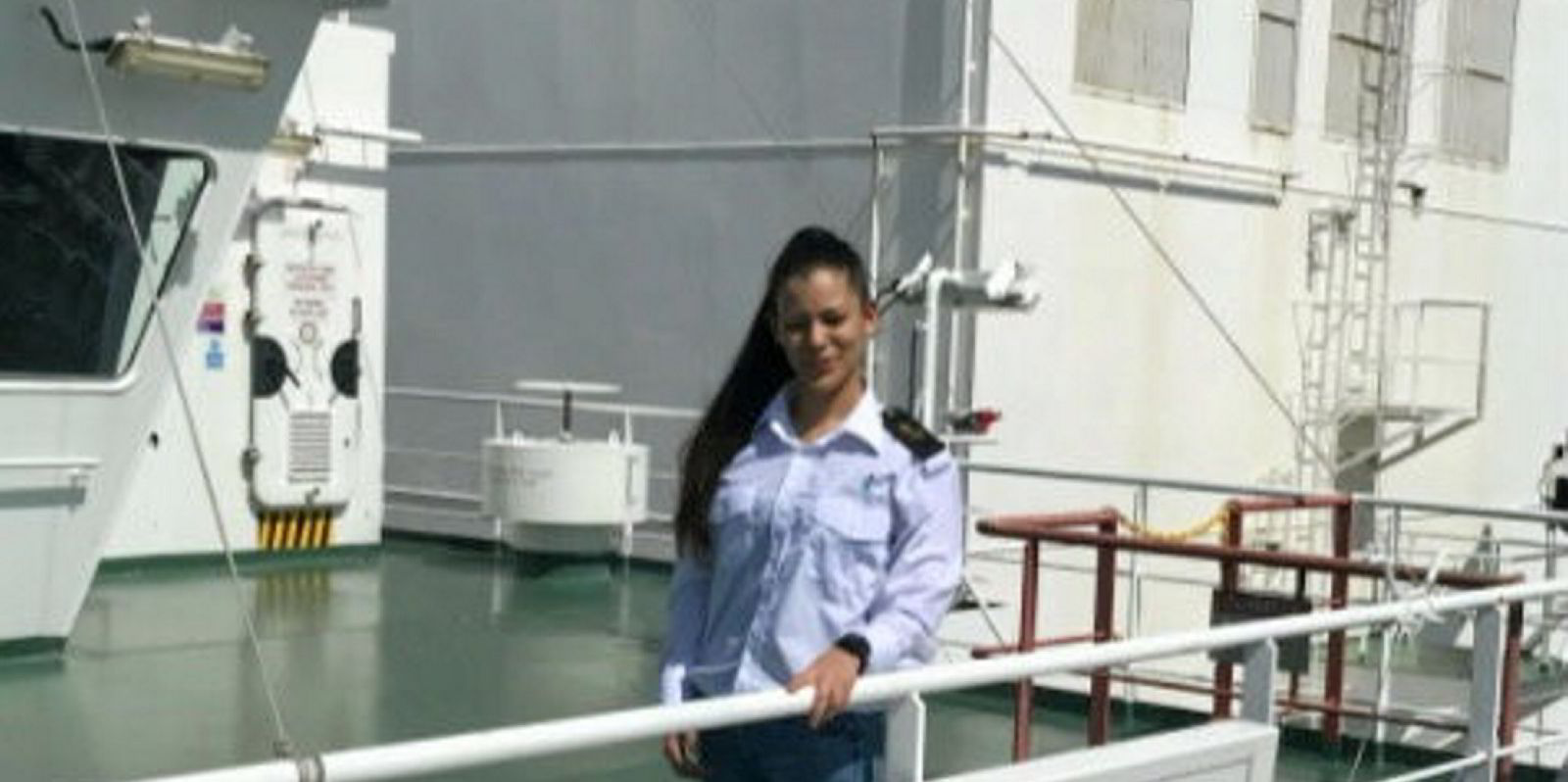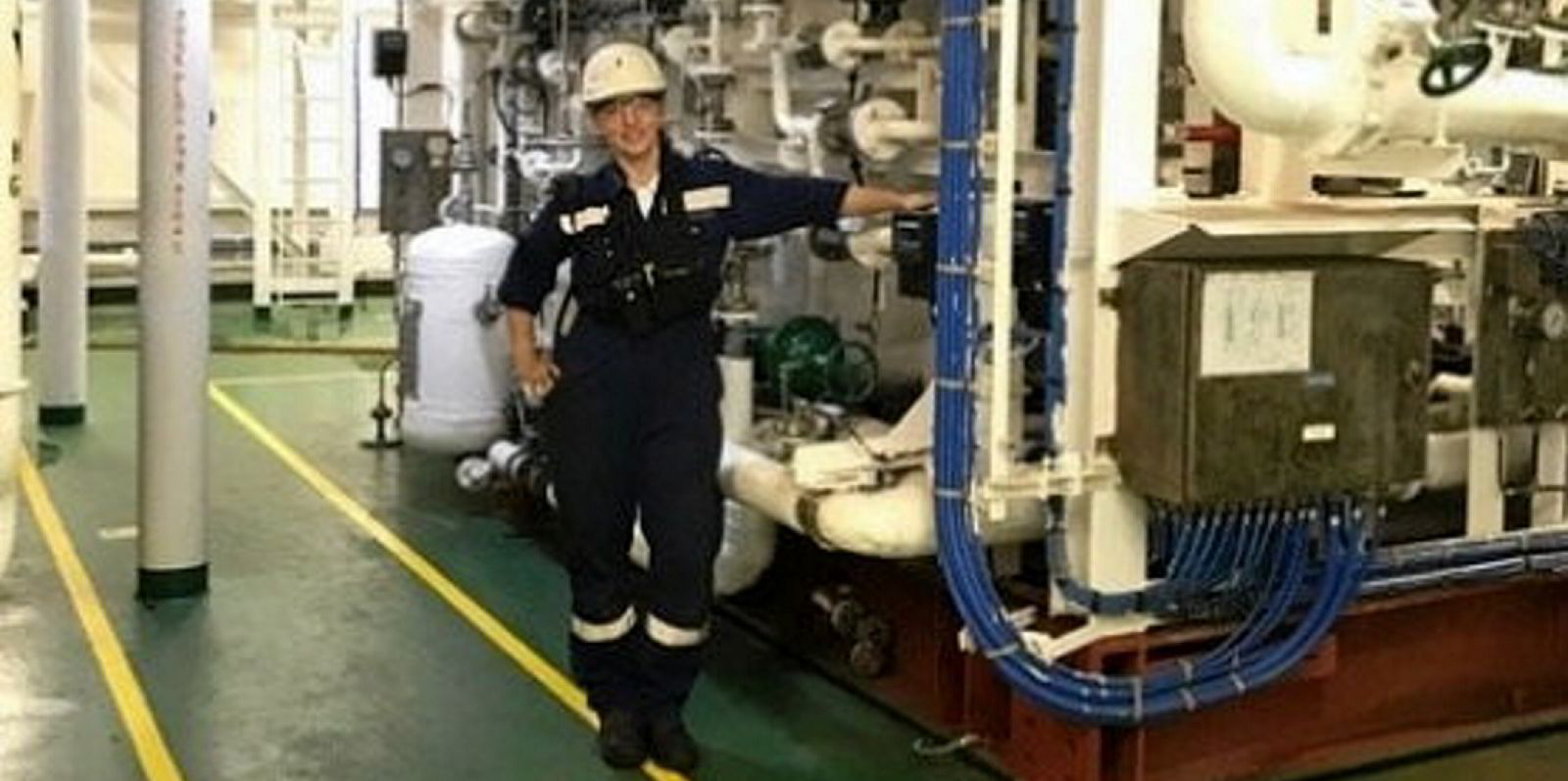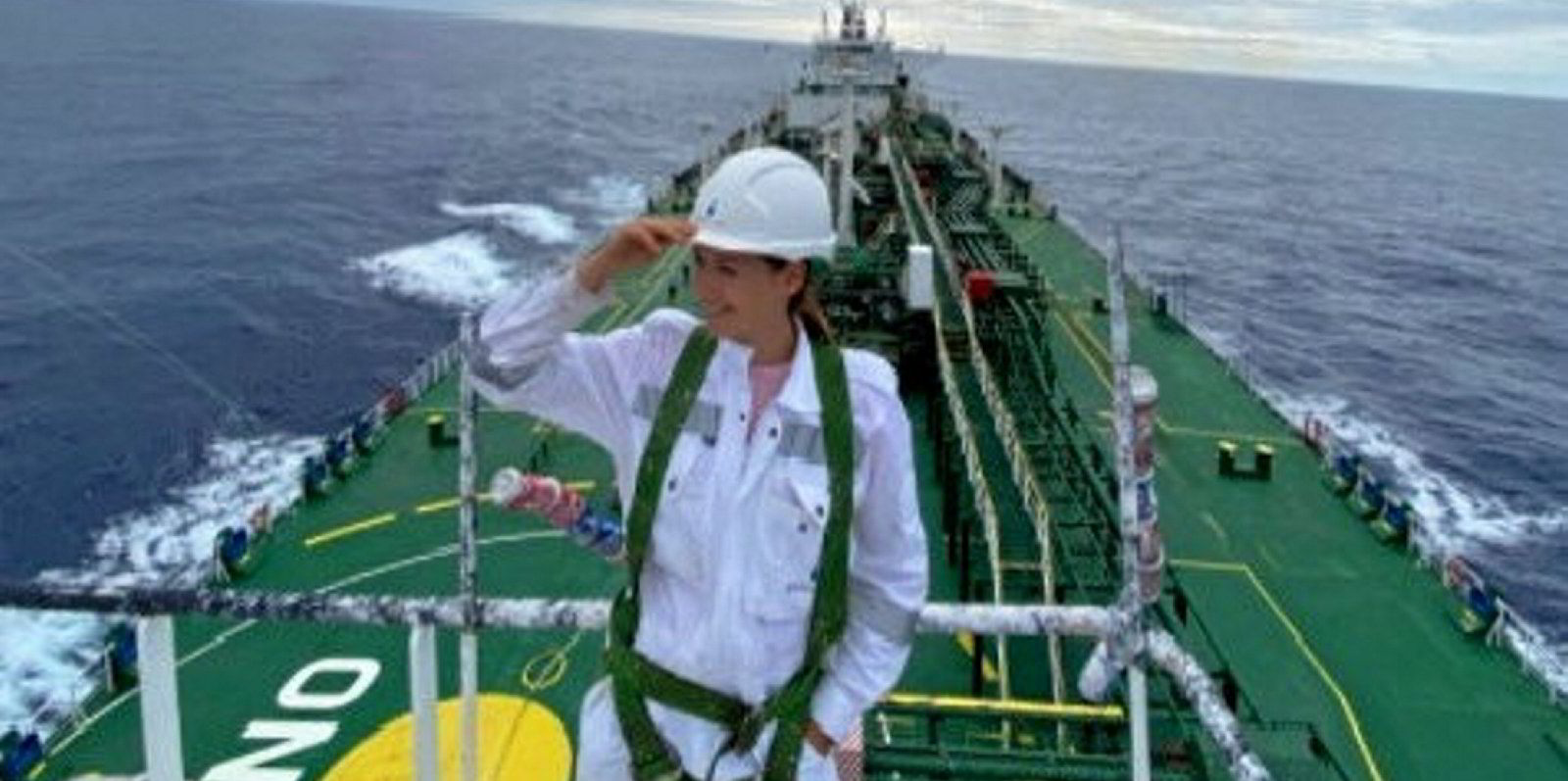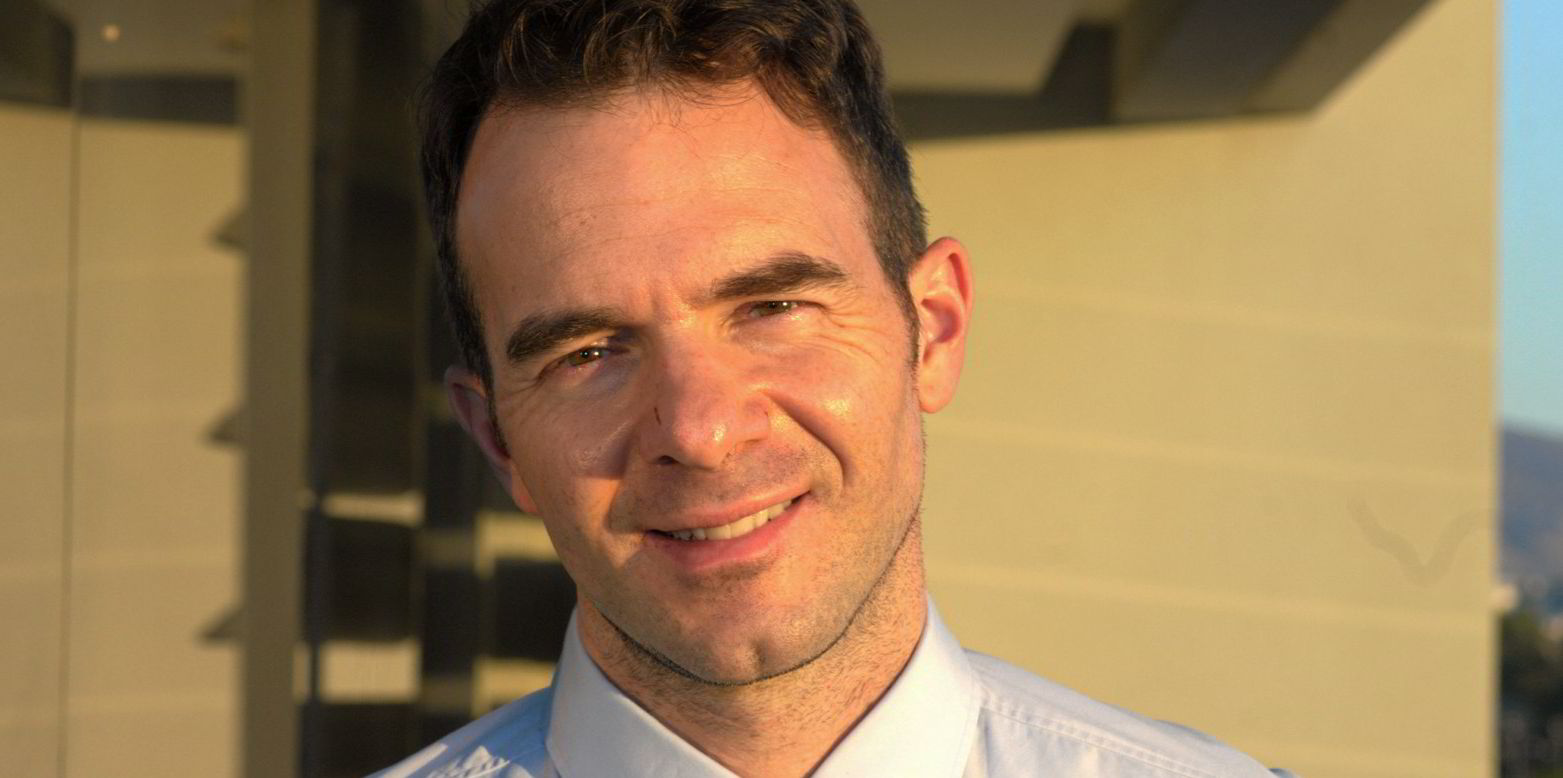Starting out at sea is never easy and Croatian born Nina Roth had her doubts when she signed up as a deck cadet with US-listed gas carrier company Dorian LPG — but they soon evaporated.
"I was prepared to face the fact that maybe some male colleagues would be suspicious about working with a female colleague but fortunately my doubts were quickly dismissed," Roth said.
"I was welcomed very warmly, supported by my colleagues and never had the feeling that I am treated differently or that I had to prove myself more or less than my male colleagues," Roth told an internal company publication.
Experiences with male co-seafarers are not always positive. Nadezda Poliscuka from Latvia joined Dorian LPG in 2019 and is employed as third officer. Poliscuka said that from time to time she is mocked for being a woman.

Poliscuka also warned that women — as well as men —must be aware that life on ships can be tough.
"Many girls don't understand what they will face on board," she said. "The job is hard and tough, but if this is what you want, then you don't have to be afraid that you can't handle it."
Roth and Poliscuka are two of 15 women that Dorian LPG has employed since starting a recruitment initiative for female cadets in 2019.
Today, it has 12 female cadets and three female officers.
Dorian LPG, which owns a fleet of LPG carriers, has no hard numerical targets for female employment but rather wants “to make sure we promote opportunities to a wide pool of candidates, irrespective of gender”, company executive vice president Alex Hadjipateras said.
Men and women are paid equally on Dorian LPG ships, Hadjipateras said, adding: "We believe there is still room in the shipping industry in general to further promote equal payment as well as employment terms among male and female seafarers."

Dorian LPG commenced employment of female cadets through its agents in Croatia and the Philippines.
Therefore, its pool of female seafarers are from the Philippines and Eastern Europe.
This reflects the fact that Dorian LPG has sourced cadets from regions in which it already has officers, in order to “provide the most opportunities for future promotion”.
Dorian LPG believes similar initiatives could help boost female maritime employment overall or help steer existing ones away from passenger vessels, on which most seafaring women are currently employed.
The company’s training does not differentiate in any way on gender.
“We consider both genders equal and gender-specific training would pass the wrong message to our seafarers,” Hadjipateras said.
He added that the outfit also established a policy against sexual misconduct long before it started employing females.
“Sexual-harassment victims have no gender,” Hadjipateras said.
As to the reasons why women seek out maritime employment, their background seems to play the biggest part.
Roth, who comes from a family of seafarers, grew up by the sea and started working in the yachting industry at a young age.
Valerija Vatagina, another Dorian LPG cadet from Lithuania, said she was always interested in mechanics.
"I never had dolls, only a collection of cars," she said. "Since childhood, I used to sit with my dad in the garage, dismantling the car with him."




